|
by Ace Gangoso Today I bring you footage from my own personal archives: a performance of “Litany” by John Musto, self-recorded around the beginning of last summer. In his setting of this Langston Hughes poem, Musto managed to make a song in a major key sound deeply mournful, a trick straight out of Franz Schubert’s playbook. During the long piano intro, the tonality shifts and wanders as the meter changes almost every bar. The vocal line lilts about and floats above the piano hauntingly, often entering and moving off beat. Yet all of the harmonic, rhythmic, and melodic quirks somehow take place without drawing excess attention to themselves. The song doesn’t sound as jarring and amorphous as one might expect given its qualities on paper. Instead, what emerges is a sound world that evokes feelings of longing, searching, and unsettledness—feelings which we are wont to experience in our current physical world. As much as we had hoped that January 1, 2021 would magically free us from the woes of the previous year, deep down we knew (or were quickly reminded) that things are rarely that simple. Similarly, we know that, even as new national leadership takes office, the substantive change that many hope for will take time. Some voice their eagerness for things to “go back to normal,” but my hope is actually that this doesn’t happen. The “old normal” was wrought with ignorance and complacency toward inequality and injustice, and I like to think that, overall, we have grown as a society in our consciousness and compassion. We have seen and felt suffering and hopelessness more plainly than ever, and have made sacrifices for the greater good. But what I hear wrapped into the great beauty of this song is a call for even more—to not let “we’re all in this together” to be a mere cliché, to identify and actively seek out the people and things in our lives that we habitually ignore or put off, and to listen more closely for (and respond to) the cries for help around us. Do you hear a similar call? Does this music speak to you in a different way? What are you most hopeful for this year? Feel free to use the comment section or reply to the emails with these blog entries to engage with us and let us know your thoughts! We have enjoyed staying connected with you this way and look forward to bringing you new content and performances soon.
0 Comments
As we pause today to reflect on the legacy and ever-timely challenge presented by the life and words of the Rev. Dr. Martin Luther King Jr., I am reminded of his “Letter from a Birmingham Jail,” and his holy impatience with the slowness of progress towards racial equity in the United States. I wonder what letters he would be writing to us today. And I am struck by how relevant Florence Price’s undated song, “Sympathy,” feels in that context, and still to us today perhaps a century after she wrote it. Price’s setting of this poem by Paul Laurence Dunbar (1872-1906) is a masterful one, showcasing her technical abilities as a composer and her unique musical voice while expressing the emotional weight of his words in an honest, unforced, and powerful way. The three sections of the song echo the three stanzas of the poem, beginning with lyrical lines that reflect the “sun … bright on the upland slopes” and the “wind stir[ring] soft through the springing grass” before chromatic descending lines that underscore the bittersweet images of the world beyond the cage. More intense dynamics, rhythms, and pianism mark the second stanza, as Price knows “why the caged bird beats its wing / Till its blood is red on the cruel bars.” The music crescendos before a resigned return to the first theme at the start of the third stanza, again acknowledging “why the caged bird sings, ah me, / When his wing is bruised and his bosom sore.” Finally, at the end, the piece reaches its climax as it lays out the meaning behind the bird’s - and Price’s - song: It is not a carol of joy or glee, It was an honor and privilege to lend my voice to Price’s music and Dunbar’s words in this 2018 concert with pianist Mark Bilyeu. May we hear their plea ring in our ears, and may we work towards a world where this plea is less timely.
|
SUBSCRIBEAboutHello, and welcome to the blog! We are Fourth Coast Ensemble, Chicago's classical vocal quartet. Join a different member of our ensemble for insights into our favorite art songs, links to archival and new recordings, and reflections on why we value and continue to come back to this musical medium. We proudly present, your #artsongfix! Archives
June 2023
Categories
All
|

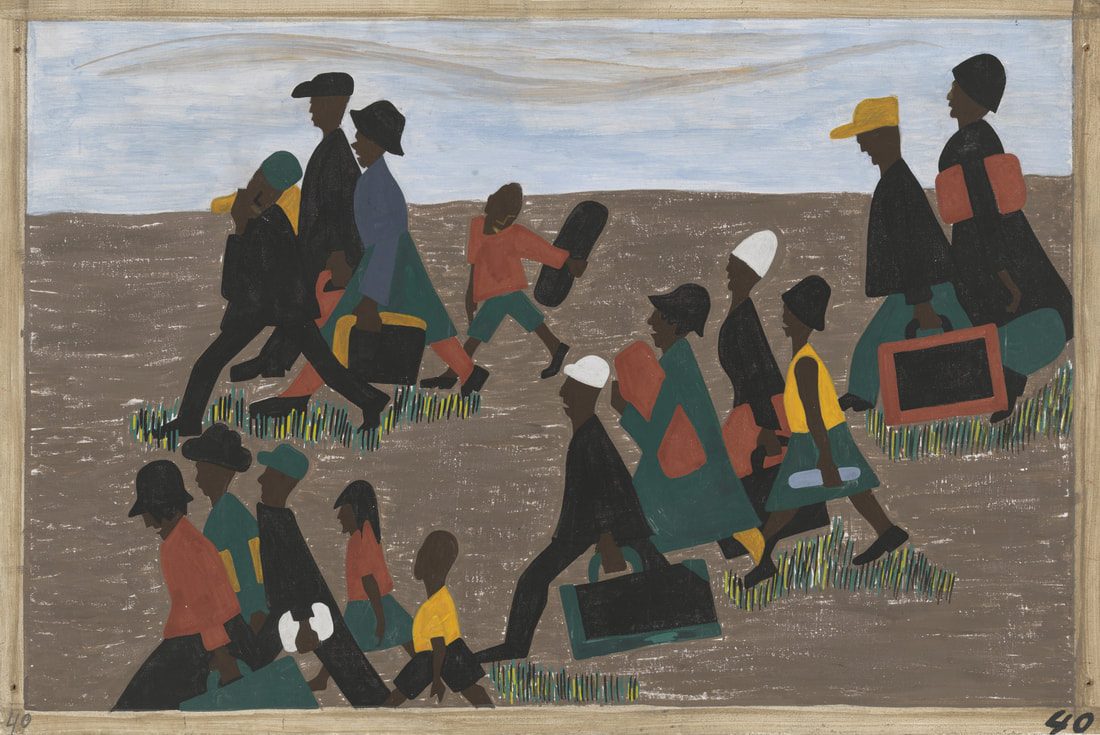

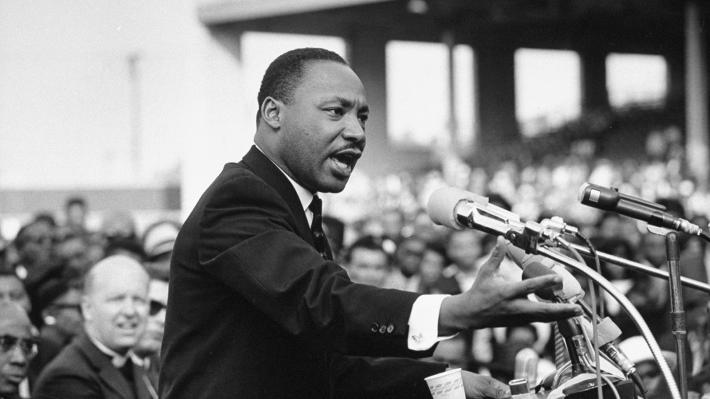
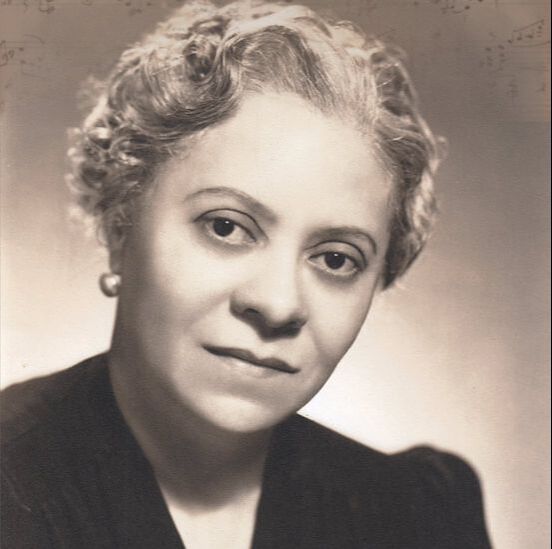
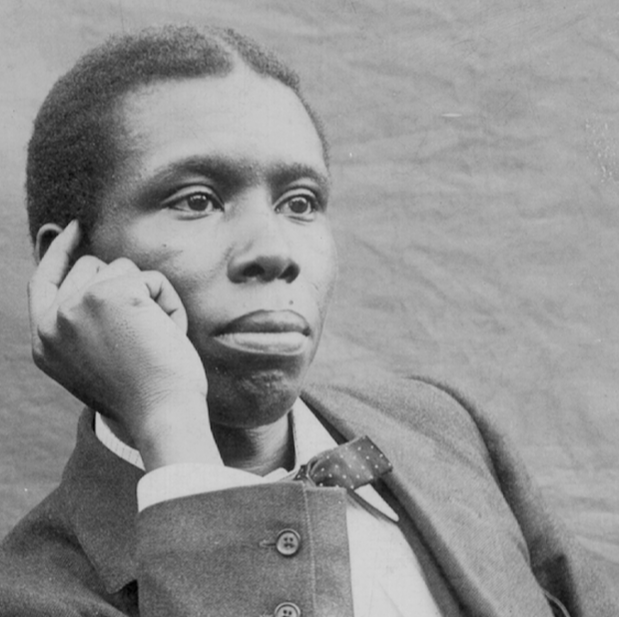
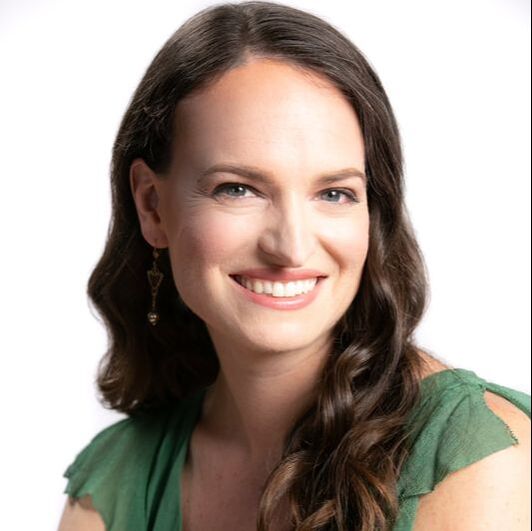
 RSS Feed
RSS Feed
